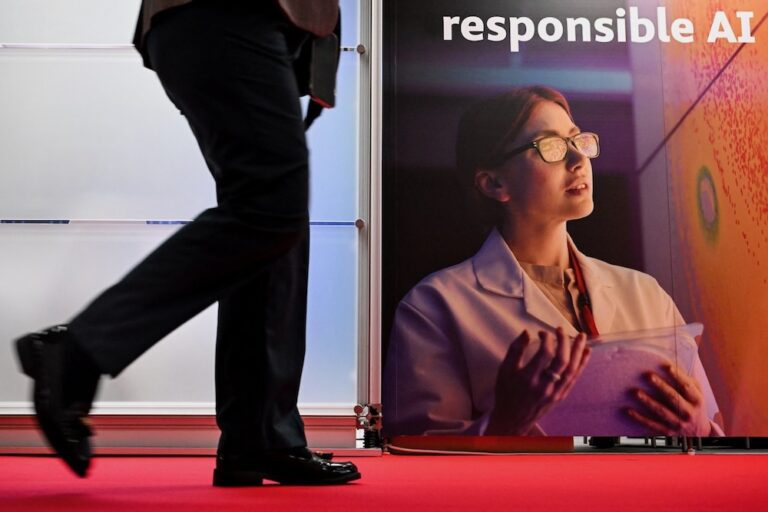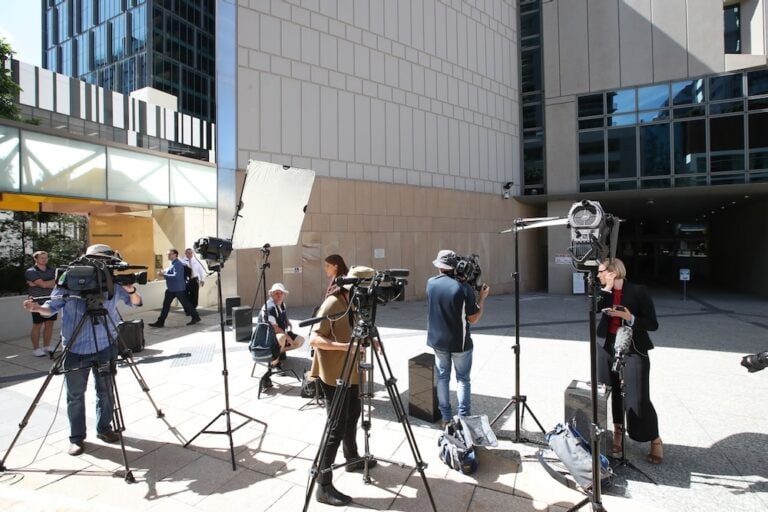(MEAA/IFEX) – The following is a 3 May 2005 MEAA media release: Unauthorised Disclosures and Parliamentary Privilege The journalists’ union appeared before the Senate Committee of Privileges today, arguing that journalists’ right to protect their sources be respected. The Senate Committee of Privileges is considering a proposal that may threaten journalists’ right to protect their […]
(MEAA/IFEX) – The following is a 3 May 2005 MEAA media release:
Unauthorised Disclosures and Parliamentary Privilege
The journalists’ union appeared before the Senate Committee of Privileges today, arguing that journalists’ right to protect their sources be respected.
The Senate Committee of Privileges is considering a proposal that may threaten journalists’ right to protect their sources and report leaked information by extending parliamentary privilege, prohibiting any unauthorised disclosure of parliamentary information.
The Media, Entertainment and Arts Alliance argued that any reform to the enforcement of the privileges of the Senate in relation to unauthorised disclosures must recognise and respect journalists’ responsibility to the truth and the public’s right to know.
“The Senate has to accept that there will almost inevitably be times when its operations warrant exposure by a whistle blower who needs to remain anonymous,” said Alliance federal secretary Christopher Warren.
Over the last four years legislation such as the Criminal Code Amendment [Espionage and Related Offences] Bill 2001 and amendments to the ASIO Act have threatened journalists with prosecution for revealing – or even receiving – leaked information. This has been exacerbated by continued use of the Australian Federal Police’s investigatory powers in pursuit of whistleblowers.
“All this energy can only be interpreted as an attempt to warn government employees from becoming whistle blowers,” said Warren.
“Unfortunately, as with attempts by the Senate to investigate its own privileges, it has been journalists and the media who have been caught in the middle.”
The Alliance also disagrees with the proposal’s intention to consider any unauthorised leak as a breach, regardless of whether the disclosure obstructs the work of the Senate.
The leaking of reports prior to release should not be criminalised and only significant disclosures of confidential evidence that intentionally seek to disrupt Senate operations should be considered as a breach of privilege, according to the Alliance.
“Criminalising and investigating leaks through the Privileges Committee structure as proposed will only provide another hurdle in the face of a free and unfettered press,” said Warren.
The Media Alliance represents more than 10,000 journalists across Australia.


